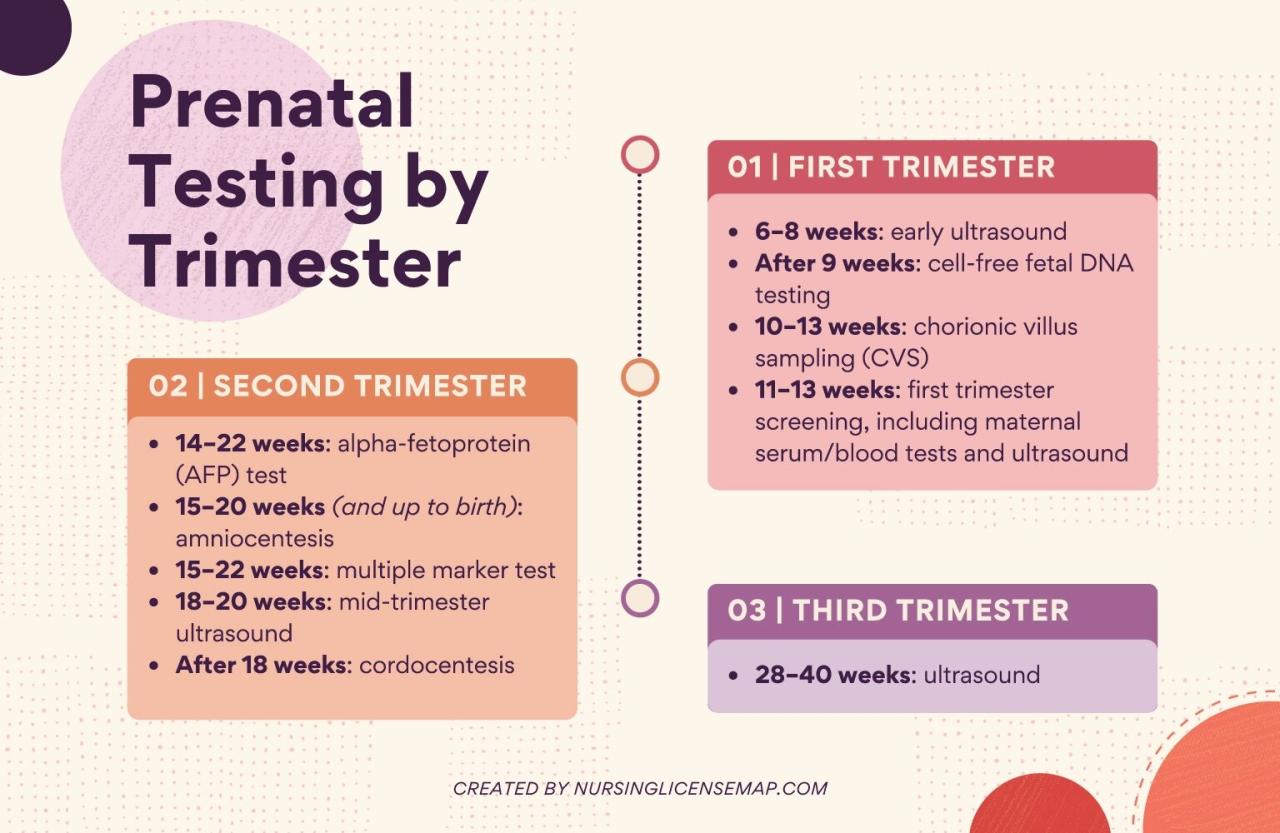Rn maternal newborn teaching prenatal and newborn care – RN Maternal Newborn Teaching: Enhancing Prenatal and Newborn Care delves into the critical role of registered nurses in providing comprehensive education and support to mothers and newborns. This multifaceted field encompasses prenatal care, newborn care, and professional development for RNs, highlighting the significance of patient education in improving maternal and newborn outcomes.
Through engaging case studies, best practices, and a comprehensive exploration of resources, this narrative empowers RNs to deliver exceptional care that addresses the unique challenges and rewards of maternal and newborn nursing.
RN Maternal and Newborn Teaching: Rn Maternal Newborn Teaching Prenatal And Newborn Care
Registered nurses (RNs) play a crucial role in maternal and newborn teaching, providing education and support to expectant and new parents. Their responsibilities include:
- Assessing and evaluating the needs of mothers and newborns
- Developing and implementing individualized teaching plans
- Providing education on pregnancy, childbirth, breastfeeding, and newborn care
- Supporting and empowering parents in their decision-making
RNs use various teaching methods and materials, including:
- Individualized counseling sessions
- Group classes
- Written materials
- Audiovisual aids
- Simulation training
Patient education is essential for improving maternal and newborn outcomes. By providing accurate and timely information, RNs can help parents:
- Make informed decisions about their care
- Reduce anxiety and fear
- Promote healthy behaviors
- Improve the overall health and well-being of their newborns
Prenatal and Newborn Care
Prenatal care encompasses a range of assessments, screenings, and interventions aimed at promoting the health of the mother and fetus. These include:
- Regular physical examinations
- Blood tests and urine analysis
- Ultrasound scans
- Nutritional counseling
- Exercise and stress management
During pregnancy, the mother’s body undergoes significant physiological changes:
- Increased blood volume
- Enlarged uterus
- Hormonal fluctuations
- Shifts in the center of gravity
After birth, the newborn requires specialized care to ensure optimal health. Common newborn care procedures include:
- Feeding
- Bathing
- Diaper changing
- Temperature monitoring
- Assessment of vital signs
Education and Resources for RNs

RNs specializing in maternal and newborn care can pursue professional development opportunities to enhance their knowledge and skills. These may include:
- Continuing education courses
- Certification programs
- Workshops and conferences
Numerous resources are available to support RNs in this field, such as:
- Books and journals
- Websites and online platforms
- Professional organizations
Simulation and technology play an increasingly important role in RN education and training:
- Simulation allows nurses to practice skills and decision-making in a controlled environment.
- Technology provides access to virtual reality training and online resources.
Case Studies and Best Practices
Case studies provide valuable insights into the challenges and successes of RNs in maternal and newborn teaching:
- Case study 1: An RN successfully implemented a group education program for pregnant women with gestational diabetes.
- Case study 2: An RN used simulation training to improve the skills of nurses in managing postpartum hemorrhage.
Best practices for providing effective and compassionate care to mothers and newborns include:
- Using evidence-based practices
- Promoting patient-centered care
- Respecting cultural sensitivities
- Collaborating with other healthcare professionals
Ethical considerations and cultural sensitivities are crucial in this field:
- RNs must maintain patient confidentiality and respect their autonomy.
- RNs must be aware of cultural beliefs and practices that may influence patient care.
FAQs
What is the scope of practice for RNs in maternal and newborn teaching?
RNs in this field provide education and support to mothers and newborns throughout the prenatal and postpartum periods, covering topics such as prenatal nutrition, labor and delivery, newborn care, and breastfeeding.
How can RNs improve patient outcomes through education?
Patient education empowers individuals to make informed decisions about their health, leading to improved adherence to treatment plans, reduced complications, and enhanced overall well-being.
What resources are available for RNs specializing in maternal and newborn care?
Numerous resources exist, including professional organizations, conferences, workshops, and online platforms, providing RNs with opportunities for continuing education and professional development.